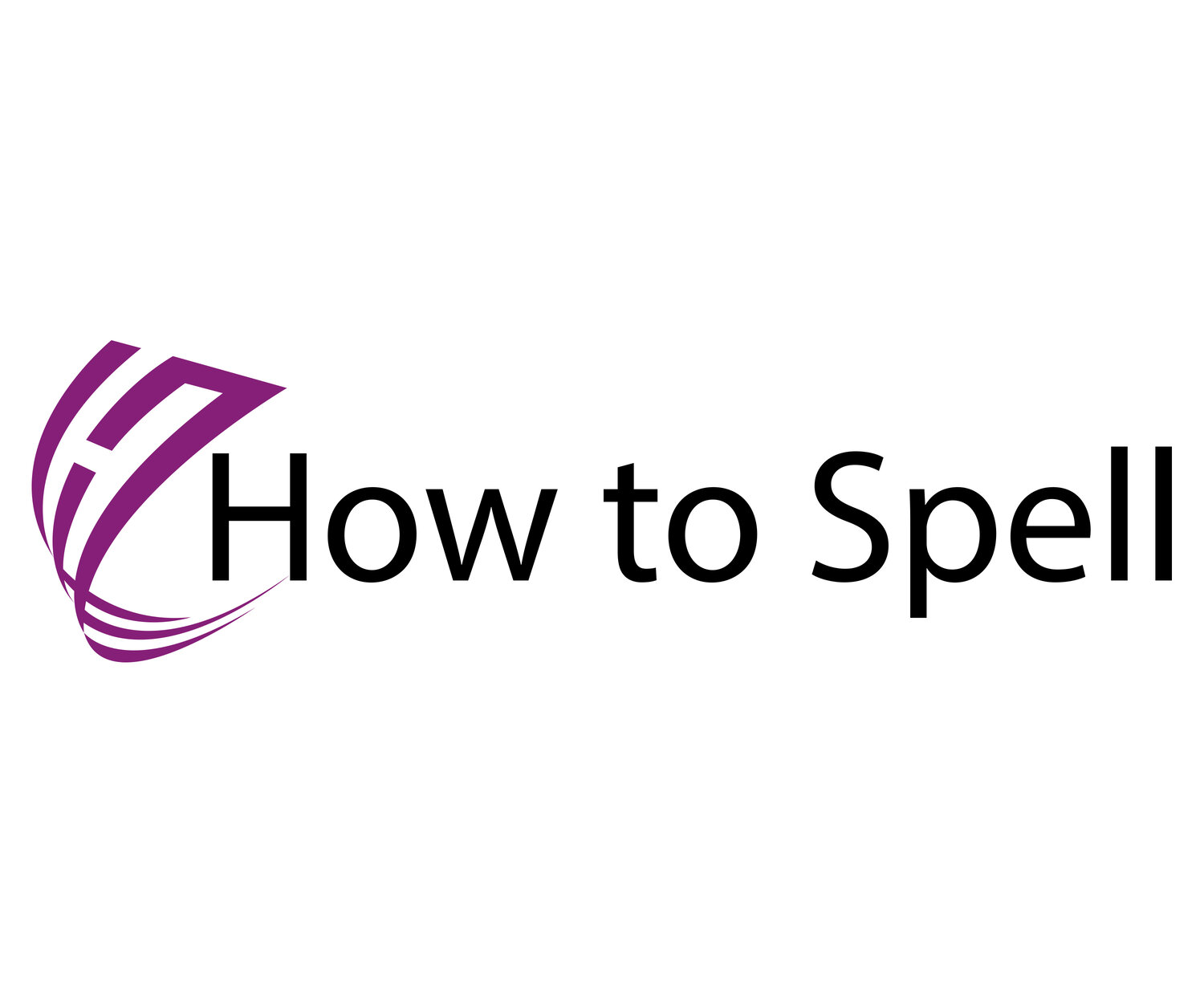Speaking vs Spelling
Spelling Tip 4: Speaking vs Spelling
"If I improve the way I speak I'll be able to spell, right?" Wrong
Some people blame their accents and the way they say words for not being able to spell well. They think that if they speak 'properly' and pronounce words 'correctly' they'll be able to spell. But this is not true. The English spelling system doesn't work like that. We can have loads of different ways of saying the same word, which means we can't have a standard spelling for it.
To have a regular phonic 'sounding out' system, which worked, there would have to be only one way of spelling each sound. This is true in some languages but not in English.
There have always been lots of different English accents and dialects. How we say words still varies from region to region and country to country - London, east Midlands, Liverpool, Newcastle, Scotland, American, Australian, Indian, the Caribbean etc. So a simplified, standardized spelling system couldn't possibly reflect all these great varieties of English.
Another reason why spelling and pronunciation are different is that the way we say words has changed over the centuries while the spelling remained fixed. Sometimes the way something is spelt shows us the history of the word and the way people spoke it centuries ago - and that's why the spelling might seem a bit strange.
For adults, sound is the first bit of a word we have reference for for spelling it and this can trigger a visual memory for the letters or possible patterns the sound relates to. Unfortunately in English, as you know, we don't have a regular phonetic spelling system where a sound relates to a letter or pattern, but it does work for about 50% of the time. But often the spelling does reflect pronunciation and saying a word can give clues or even very clear indications of likely spelling patterns but it's unreliable unless you know the patterns and pronunciation:
Light, flight, right, bright slight. But write, site, kite
eight, weight but height
match, batch watch
So sometimes we can relate sounds to patterns if we know all the possible variations, which good spellers do.
So my spelling tip number 4 is: don't fret over your accent and think it's at fault for your spelling. It is only through visual familiarity with language, and the visual sequences of letters that you can learn about the probable spelling of words.
But knowing the standard way of pronouncing words can help. Understanding standard ways of saying words means not changing your accent but understanding how sound and spellings are linked. Check out my Spelling Sounds and Patterns Course on Udemy.com. I go into detail about how sounds, and even your accent, can help spelling, for example, I say “bath, glass, command” with a short vowel sound, which is the original sound but the standard British accent now has a long vowel sound “ar” sound: “barth, glarss, commarnd”. My accent helps spelling, standard doesn’t. So knowledge is power!
For a more on accents, pronunciation and grammar, check out my Standard English vs Non-Standard English video Click here for more info
Check out the spelling and pronunciation lesson on common words with silent letters in them that can trip you up click here to go to the lesson
Click here to go to Spelling Tip 5: Using Memory Tricks
I'm super excited about this course because it's a comprehensive look at how speech sounds relate to spelling, which will not only help your spelling but your reading and pronunciation skills too.
It's ideal for British and American English users.
This is not about changing your accent but knowing how knowing the sounds of English can help spelling.

